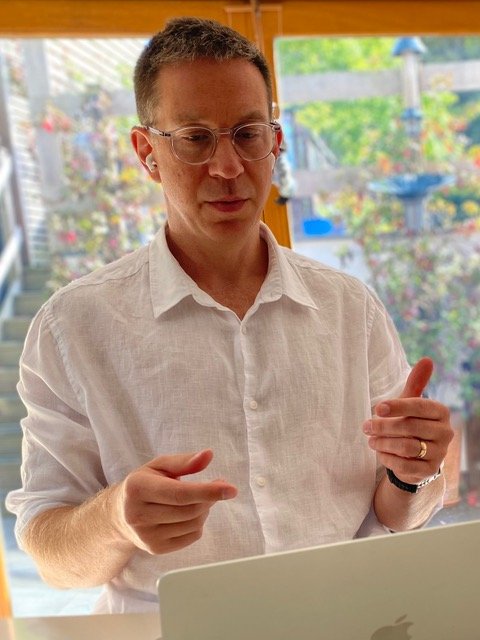My Approach
I chose to become an experiential therapist because it closely aligns with my values and how I view personal growth. This style of therapy is Person-Centered, meaning that you are at the core of the process - you are the expert of your experience. As the client, you will determine the content and direction of our sessions. It’s about creating a safe space for you to explore what’s going on in your life and to help you discover why you feel the way you do, come to accept yourself as you are and create the changes you want to see. I trained at the University of Nottingham where I was awarded a Master’s degree with distinction in Person-Centred and Experiential Counselling and Psychotherapy.
What is Experiential Therapy?
Experiential therapy is a kind of Person-Centred therapy. It is based on the idea that a genuine and helpful relationship between the client and the therapist permits the client to understand and explore, with increasing depth, the meaning of their self-experiences. It has a solid foundation in research. Studies show it helps people feel more in control of their lives, live more authentically, and feel more connected to others, whilst reducing stress and anxiety. It’s not about quick fixes or diagnoses, but about understanding and accepting yourself more deeply.

Experiential therapy is a process that helps you understand yourself better and make the changes that are meaningful to you. There are no prescribed paths or labels—just a space for you to explore, grow, and become more grounded in your life.
Your Journey, Your Pace
One key idea in this approach is that real change comes from you. I’m not here to tell you what to do or to hand you a solution. My role is to help you tap into your own resources so you can make the changes that feel right for you. You’re already equipped with what you need—my job is to help you unlock it.
For example, you might come in feeling anxious or stuck, but instead of treating those feelings as something to get rid of, we look at what they’re telling you about your life and how you’ve been coping. Together, we’ll explore these experiences at your pace.
Not About Labels
I don’t work from a place of diagnosing or labelling your feelings. I find that most psychological distress—whether it’s anxiety, stress, or something else—often stems from how we understand ourselves in relation to our past or present. It’s not about what’s “wrong” with you; it’s about understanding why you feel the way you do.
The Importance of Our Working Relationship
Our connection in therapy is one of the most important parts of the process. During our sessions, we build a professional, collaborative relationship where you can explore anything on your mind, in an atmosphere of trust and empathy. This allows you to become more aware of yourself, your thoughts, and your feelings, without judgment or pressure. Over time, this can lead to deeper self-acceptance which is the precursor to personal growth. I believe that supplying therapy should always be an ethical pursuit and I follow the B.A.C.P’s ethical framework which includes client confidentiality and data security standards.


